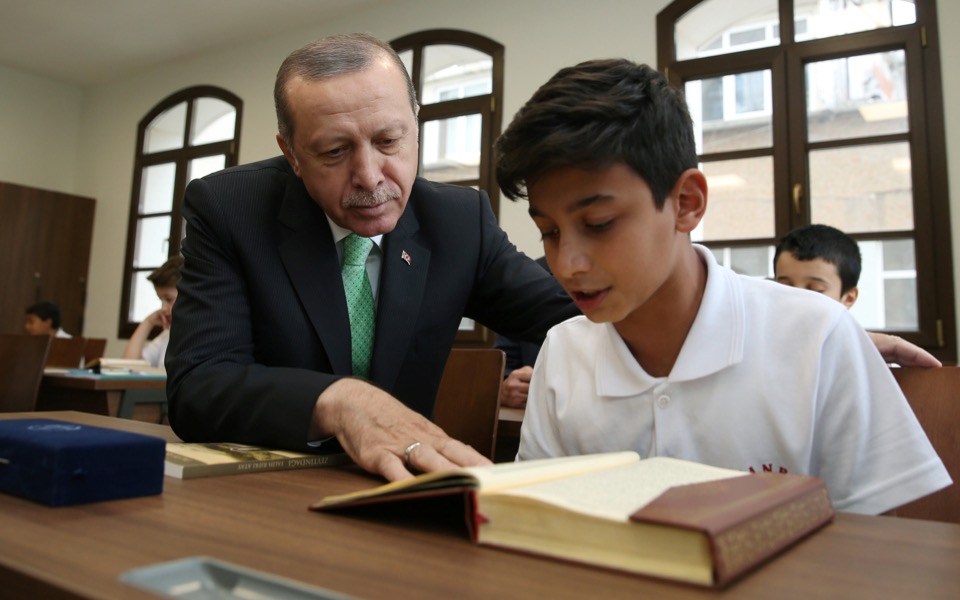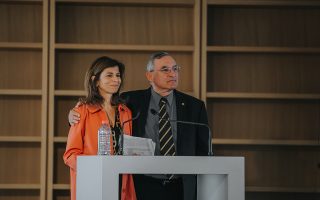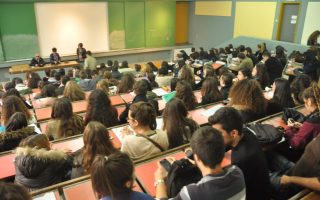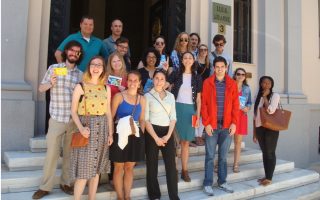Education and Islam become hot-button issues in Turkey

In just four days, Turkey will be hosting what is arguably the most crucial election showdown in its contemporary history. Amid increasing economic uncertainties, waning democratic reflexes and international isolation, the Turkish electorate is also divided on a deeper, more existential issue: the role of religion in shaping the minds of the future.
In a widely attended rally in Istanbul on Monday afternoon President Recep Tayyip Erdogan addressed a sea of supporters and vowed to raise “a pious generation of Muslims,” a consistent commitment from the conservative leader during his 15 years in power.
The Turkish president has long revealed his desire to fundamentally reshape Turkey under a new dogma of religious nationalism, in many ways a direct antithesis to the cosmopolitan, strictly secular legacy of Kemal Ataturk, the modern country’s founder.
At the heart of this transformation lies education, and one of Erdogan’s most powerful weapons are the so-called “Imam Hatip” – religious schools where the study of Islam and the memorization of its holy script take precedence.
Under Erdogan’s rule, religious schools have increased tenfold, now approximating 4,500 and oftentimes replacing regular schools across the country. In the latest budget proposal, the Turkish government approved to increase the funding of religious education by 68 percent, which now totals $1.5 billion. By comparison, the average secular school currently receives less than half the money that goes to an Imam Hatip.
On top of that, school curriculums are being reformed indiscriminately, with a newly found focus on Islam. It was recently decided that the theory of evolution will no longer be taught in public schools – according to the government, it was deemed too complex for the students to follow.
Though Erdogan’s educational reform has been welcomed with enthusiasm by thousands of pious Muslims, who feel that his policy is correcting decades of oppression under secular rule, religious schools have proved to be particularly divisive in Turkey.
Countless parents have been protesting the changes and are scrambling to find new schools for their children, as unemployment figures are rising throughout the country. Despite their mushrooming across Turkey, more than seven out of 10 slots in Imam Hatip schools are still vacant.
In a clever move, Erdogan’s main rival in Sunday’s elections – and, coincidentally, a former teacher at a religious school – Muharrem Ince pledged that under his presidency religious studies would no longer be compulsory.
“If parents desire more religious education for their children they will be able to choose it, but without compromising on other parents’ decisions,” he declared in a passionate election speech last Sunday, while addressing a cheering crowd of Alevis, one of Turkey’s most significant religious minorities.
A retired physics teacher, Ince has placed particular emphasis on education during his explosive campaign. He has vowed to shape a generation of scientists and engineers that will usher the country to the digital age, and promised to transform Erdogan’s mammoth presidential palace into a university.
It remains to be seen, perhaps as early as Sunday, what kind of future Turkish voters envision for their children.





